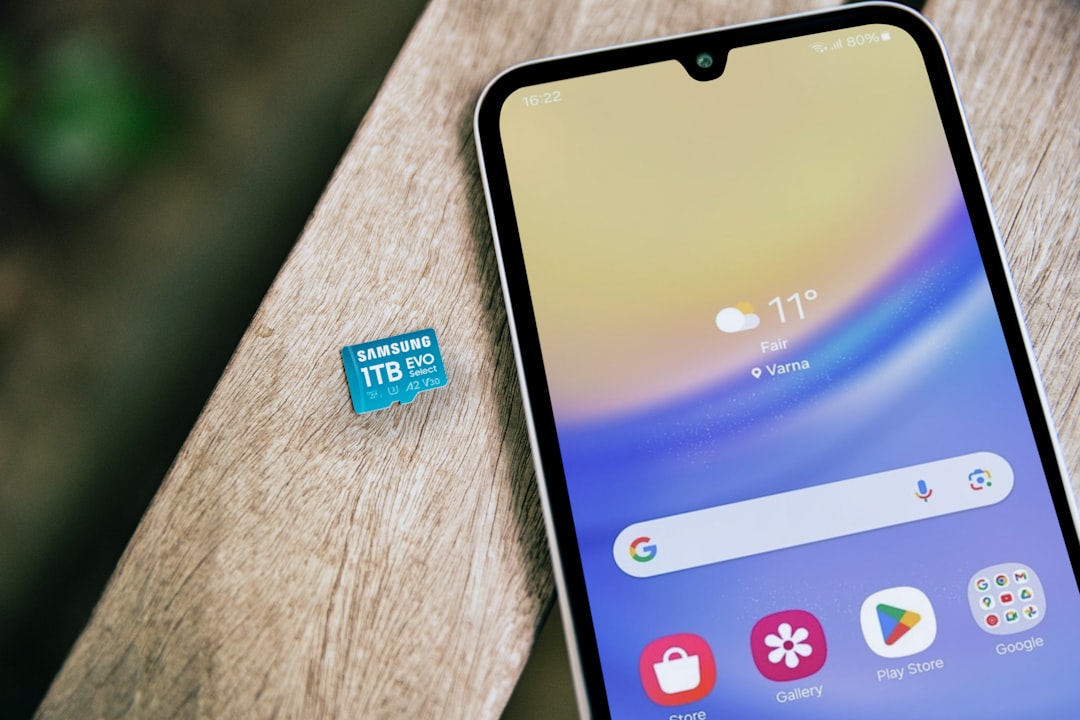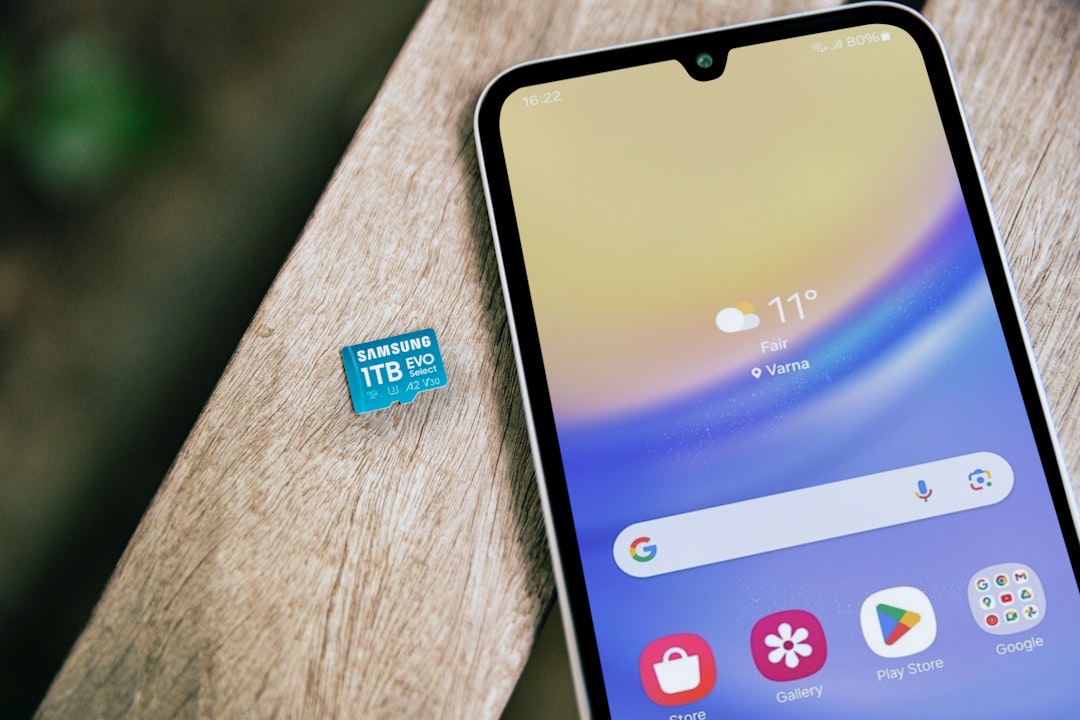In Maryland, strict unwanted call law firms regulations require telemarketers to prioritize consumer consent and privacy. To comply, businesses are adopting personalized marketing, data analytics, and alternative communication channels. Emerging technologies like AI chatbots, virtual assistants, and predictive dialers with compliance features are reshaping sales strategies. Telemarketers must stay adaptable and innovative to maintain competitiveness while respecting consumer rights in this evolving landscape of unwanted call law firms Maryland regulations.
“Maryland’s stringent unwanted call laws are reshaping the future of telemarketing. This comprehensive guide explores how these regulations impact marketing strategies, with a focus on compliance and technological advancements. From understanding the legal landscape to uncovering innovative solutions, we delve into the evolving world of telemarketing in Maryland. Discover how businesses adapt, navigate, and thrive in this dynamic environment, especially with emerging technologies paving new paths for effective communication. Get ready to predict trends that will define the future of telemarketing in the Old Line State.”
Understanding Maryland's Unwanted Call Laws: A Comprehensive Overview

In Maryland, understanding and adhering to the state’s unwanted call laws is paramount for telemarketing businesses aiming to operate within legal boundaries. These regulations, designed to protect residents from nuisance calls, vary significantly from federal guidelines. Maryland law considers a call ‘unwanted’ if the caller has not given explicit consent, with exceptions for specific types of organizations and circumstances. Businesses must implement robust opt-out mechanisms, allowing recipients to cease communication easily. Failure to comply can result in substantial fines, making it crucial for telemarketers to partner with unwanted call law firms in Maryland for expert guidance.
These law firms specialize in navigating complex regulations, ensuring compliance, and mitigating risks associated with unwanted calls. They provide critical support in crafting effective privacy policies, training staff on consent protocols, and handling consumer complaints. By engaging these legal experts, telemarketing companies can safeguard their operations, maintain customer trust, and avoid legal pitfalls in the ever-evolving landscape of telecommunications law.
The Impact on Telemarketing Firms and Their Strategies

The implementation of the Unwanted Call Law in Maryland has significantly reshaped the telemarketing landscape. Firms operating within the state must now adhere to stricter regulations, which often translates into a need for adaptation and evolution in their strategies. This new legal framework places greater emphasis on consumer privacy and consent, demanding that call centers implement robust opt-out mechanisms and reduce the volume of unsolicited calls.
As a result, telemarketing firms are increasingly focusing on personalized marketing approaches, leveraging data analytics to better target potential customers. They are also exploring alternative communication channels, such as email and social media, to ensure compliance while still connecting with their audience. This shift in strategy not only helps firms avoid legal repercussions but also fosters stronger customer relationships based on mutual consent and respect.
How Businesses Are Adapting to Stay Compliant

In response to the Unwanted Call Law in Maryland, businesses are rapidly adapting their telemarketing strategies to ensure compliance and maintain customer trust. The law, designed to protect residents from unwanted phone calls, has prompted companies to reevaluate their approach to sales and marketing campaigns. Many firms are now adopting more personalized and targeted outreach methods, focusing on quality over quantity. This shift involves utilizing advanced data analytics to identify potential customers who have given explicit consent for communication, significantly reducing the risk of violations.
Additionally, businesses are investing in training their telemarketing teams to be more mindful of consumer preferences and privacy rights. They are implementing robust opt-out mechanisms during calls, allowing customers to easily remove themselves from marketing lists. As a result, these proactive measures not only help Maryland-based companies stay compliant but also foster stronger relationships with clients by demonstrating respect for their choices and personal information.
Emerging Technologies Shaping the Future of Telemarketing

In the evolving landscape of telemarketing, emerging technologies are reshaping how businesses connect with potential clients in Maryland, where the Unwanted Call Law firms have played a significant role in regulating calls. Advanced AI-powered chatbots and virtual assistants are now being integrated into sales funnels, offering 24/7 availability to prospects while personalizing interactions through data analytics. These innovations allow marketers to deliver targeted messages, improving conversion rates and customer satisfaction.
Additionally, predictive dialers with built-in compliance features ensure that telemarketers adhere to consumer privacy laws, reducing the risk of unwanted calls. This technology optimizes call routing, minimizing hold times and enhancing agent productivity. As Maryland’s business environment adapts to these changes, telemarketing firms are leveraging data analytics and innovative tools to stay competitive while respecting consumer rights.
Predicting Trends: What Lies Ahead for Telemarketing in Maryland?

The future of telemarketing in Maryland is an intriguing prospect, especially with the ever-evolving regulatory landscape and consumer preferences. One notable trend predicts a continued rise in the implementation of anti-unwanted call laws, such as those enforced by law firms across the state. As consumers grow increasingly tired of intrusive calls, legislation will play a pivotal role in shaping industry practices.
With advancements in technology, telemarketers are likely to adopt more sophisticated strategies, including personalized scripts and data analytics to improve conversion rates. This shift could lead to more effective and targeted campaigns while ensuring compliance with consumer rights. As Maryland’s business environment adapts to these changes, companies will need to stay agile and embrace innovative approaches to maintain a competitive edge in the telemarketing sector.






